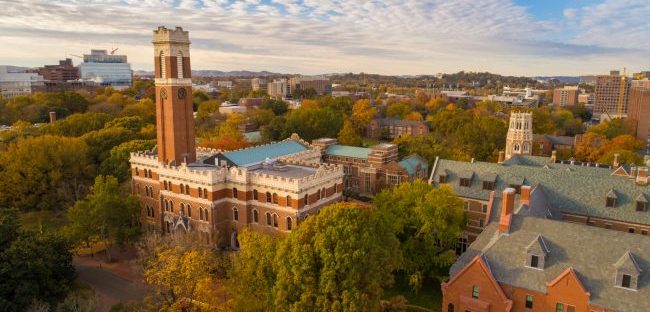Jobs in STEM fields are projected to double their growth rates from the last decade to the next, but African Americans are significantly underrepresented in STEM workforce participation. Pew Research shows that only 6 percent of the life sciences workforce is African American, while 13 percent of the U.S. population is African American. These low numbers cannot be solely explained by individual choices and have been shown to be exacerbated by challenges such as “chilly” workplace climates experienced by African Americans who enter the field.
How can Black people resist absorbing negative messages they encounter in STEM? How can the academic community in the life sciences be more aware and inclusive? The virtual Lab-to-Table Conversation at 11 a.m. on Feb. 27 will discuss some of the challenges that Black trainees and faculty face in their fields of study and the strategies they have used to be successful in the face of these challenges. They will also discuss how inclusion and equity can increase representation and bolster the upward trajectory of Black scientists.
Felysha Jenkins, assistant dean of diversity, equity and inclusion, will delve into these questions and more with the panel, hosted by the Vanderbilt University School of Medicine Basic Sciences. The discussion will provide tips and tools to current students, faculty and staff and give examples of how the environment—and the people within it—can lead to a hospitable climate for Black scientists.
The event will feature the following panelists:
- Lillian Brady – incoming assistant professor, psychiatry and behavioral neurobiology, University of Alabama at Birmingham; research instructor, Vanderbilt University
- Breonte Guy – associate professor of psychological sciences at Winston-Salem State University
- Ebony McGee – professor of education, diversity and STEM (science, technology, engineering and mathematics) education, Department of Teaching and Learning
- Steven Townsend – Stevenson Professor of Chemistry and professor of pathology, microbiology and immunology
The event is free, virtual and open to the public. Registration is required.





